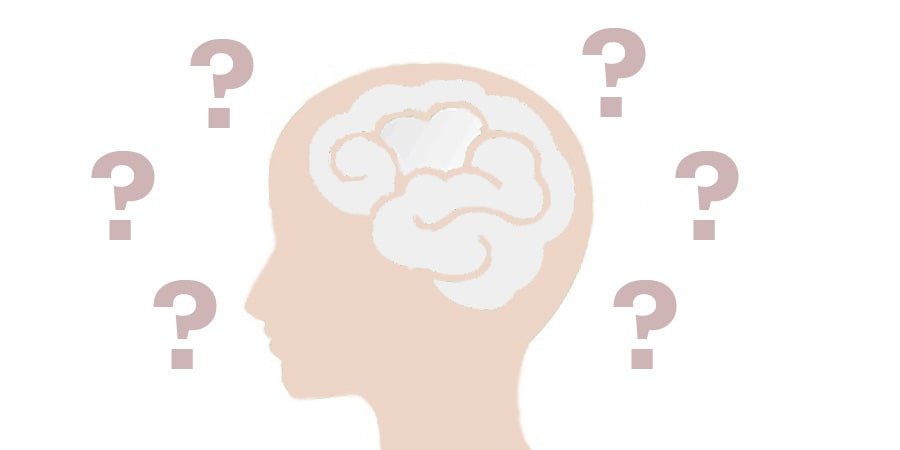How to Forget Painful Memories

Forgetting is the inability to recall previously learned information. Over years of research, several hypotheses and methods have been presented to explain forgetting, including decay and interference theories. Forgetting is a common phenomenon, but it can also be a sign of an illness such as amnesia.
There are numerous factors that contribute to the loss of brain information. The effects of traces are thought to become less powerful with time and eventually disappear. The interruption of new experiences causes memory disturbance, which can lead to memory loss. Past events are not always vivid. Some of our recollections of terrible experiences are even suppressed.
For the most part, forgetting occurs as a result of something occurring. However, it is possible to forget in two ways: intentionally (motivated forgetting) or unconsciously (repression).
Motivated Forgetting
It is not practical or beneficial to remember everything. You’d have a hard time sifting through all that information to see if you like the food on offer right now if you could remember every single meal you’ve ever eaten! It makes more sense to remember only essential instances (such as your favorite foods and those you hate)
Not paying attention to everything is one technique to ensure that you don’t remember everything. If you do pay attention, you may need to forget something on purpose, which is known as motivated forgetting.
An approach known as directed forgetting is one way of studying motivated forgetting. You could be given a list of words in the lab and told to keep a few (perhaps with one color) and forget the rest (in different colors).
Then your recall for the entire list of words is tested. Memory appears to be less for items that you are told not to remember than for items that you are told to remember.
It’s possible that you would not be able to remember things you were told to forget since the objects are blocked. The process through which your brain tries to prevent itself from being activated by the object is known as inhibition. Engaging in other thoughts (thought replacement) while not actively considering the information can lead to the suppression of unwanted information.
According to research, when you’re advised not to recall anything, your brain stimulates the frontal part (which controls intentions) but not the hippocampus (responsible for memory).
Repressing Memories
The Austrian psychotherapist Sigmund Freud is known for his work on the concept of repression. He thought that unconscious brains shield conscious memories from harsh or traumatic memories.
While repressing traumatic memories may appear to be an appealing concept, there is little data to back it up.
Many people claim to have rediscovered memories that had been suppressed as a result of therapy, but research reveals that up to 80% of these “recovered” memories are artificial, and were most likely implanted by therapists by accident. Memories discovered by chance outside of therapy are less likely to be real.
For a variety of reasons, the mechanics of repression are poorly understood because determining the reliability of restored memories is extremely difficult.
Certain mental health professionals believe the brain can block memories and have developed treatments to help patients recover them. Others feel that repression is possible, despite the lack of data to back it up.
However, the vast majority of psychologists, researchers, and other experts on this subject are skeptical of the concept of repressed memory. In fact, Freud eventually learned that some of the “memories” the clients “remembered” during psychoanalysis were not true memories.